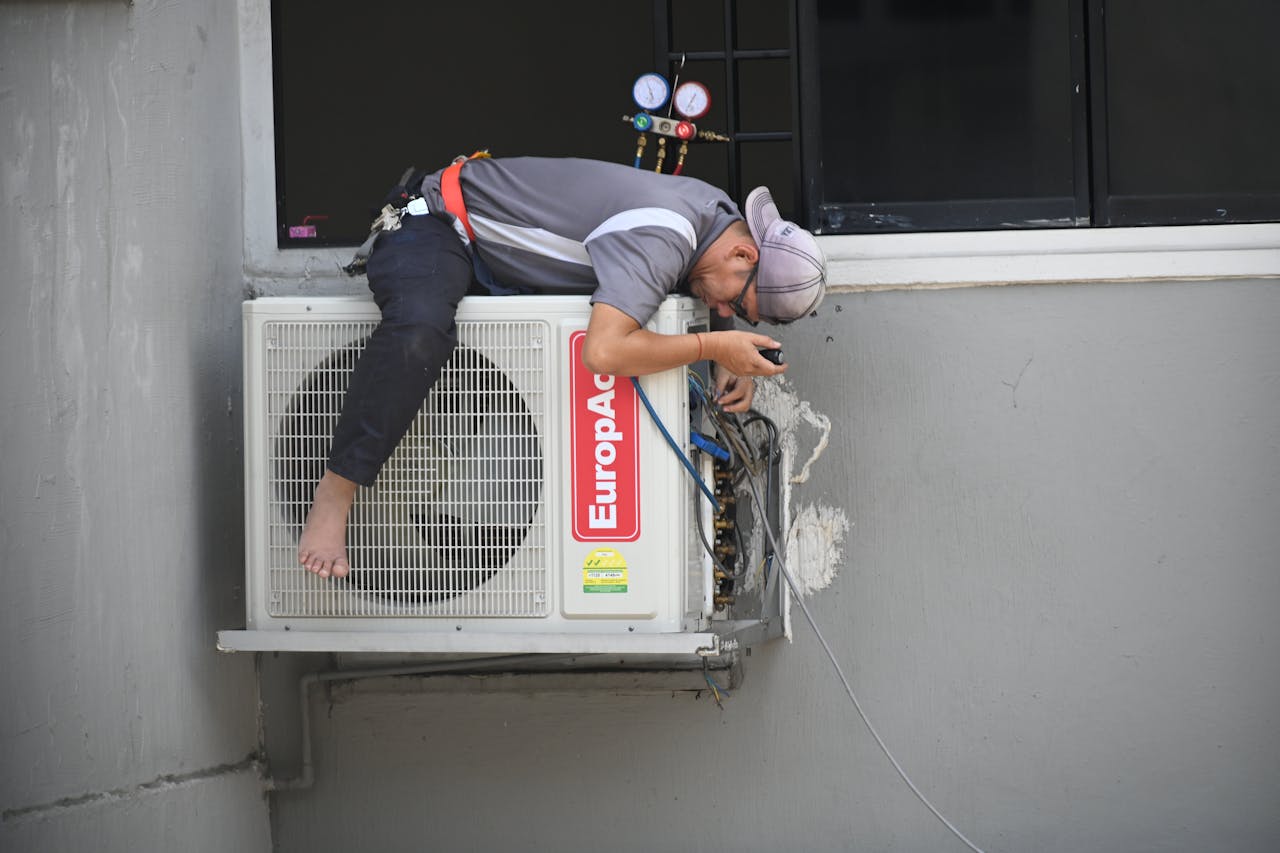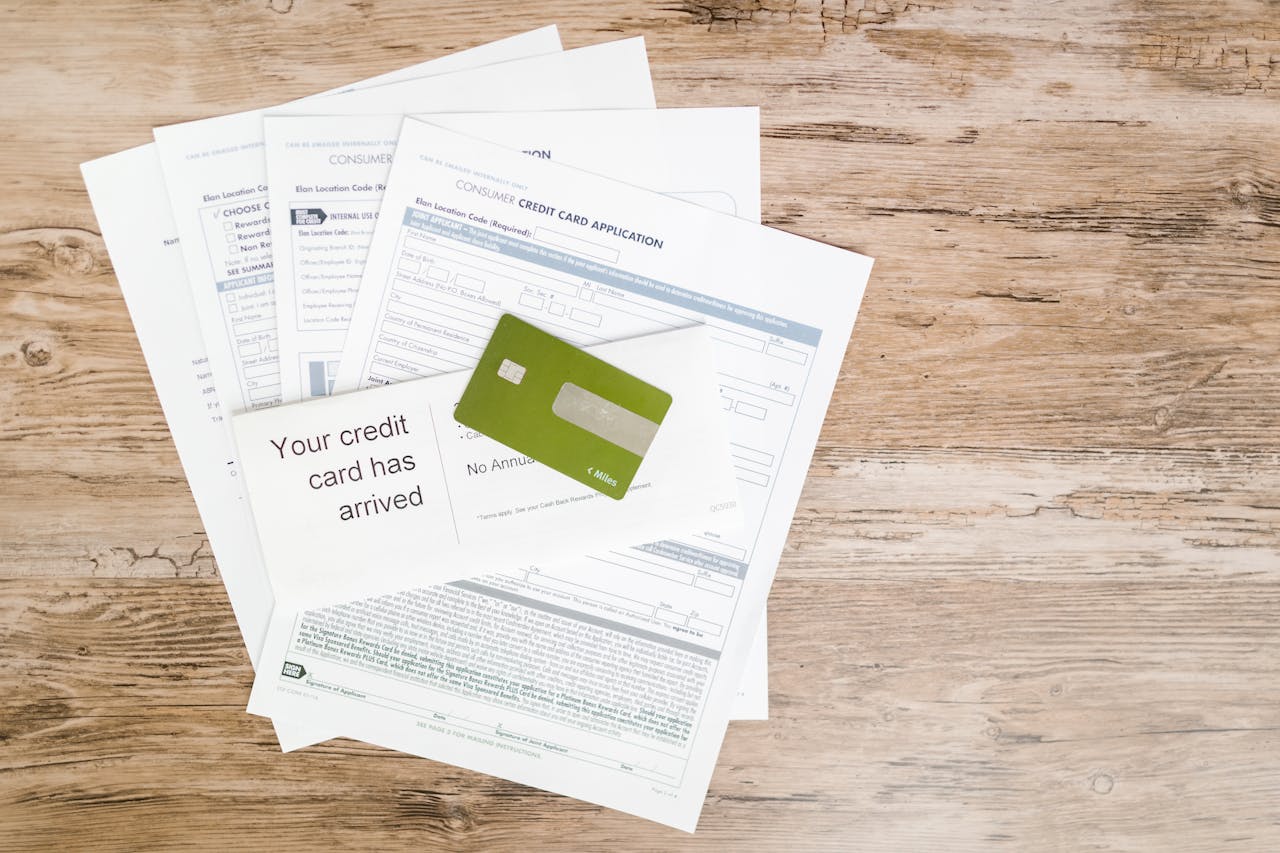Buying your first place feels huge, yet the details can be surprising. Costs show up beyond the down payment, rules come from lenders, cities, and homeowners’ associations, and paperwork continues right up to closing. You will hear new terms like escrow, appraisal, and title search, and each has money attached. Utility deposits, insurance choices, and move-in fixes also add up. This list explains common shocks so you can plan a realistic budget, a smart timeline, and a calm, step-by-step path to the keys.
1. Closing Costs Stack Up Beyond The Down Payment

Lenders, title companies, and local governments all charge fees to close a loan. Typical line items include the lender’s origination fee, the appraisal, the credit report, title search, title insurance, recording fees, and prepaid interest. You also prepay property taxes and homeowner insurance into an escrow account. Together, these charges often equal several percent of the purchase price, which can be thousands of dollars. Ask for a Loan Estimate early, compare offers, and budget for a cushion so nothing breaks your savings plan.
2. Property Taxes Can Rise After Purchase

Cities and counties reassess homes after sales, which can reset the taxable value. If the previous owner had a lower assessment or exemptions, your bill may jump in the first year. Many lenders collect taxes monthly through escrow, so your mortgage payment can increase when the servicer adjusts for the new amount. Learn your local assessment cycle, appeal deadlines, and any homestead or primary-residence benefits. Understanding how taxes are calculated helps you plan, and prevents surprise letters during your first spring as an owner.
3. Private Mortgage Insurance Adds A Monthly Fee

If your down payment is small, the lender may require private mortgage insurance, called PMI, to protect the loan. PMI raises the monthly cost until you build enough equity. Some loans allow you to remove PMI after reaching a set loan-to-value ratio, and others keep it for a fixed period. You can compare options like lender-paid PMI versus borrower-paid to see what fits your timeline. Track your balance and home value, then request cancellation when you qualify to reduce your payment.
4. Appraisal And Inspection Are Different, Both Matter

An appraisal estimates market value for the lender, while an inspection checks the home’s condition for you. A low appraisal can limit your loan amount or trigger a price talk. An inspection may reveal roof wear, aging HVAC systems, or outdated wiring that require attention. Skipping an inspection can save time, yet it risks expensive surprises after move-in. Plan for follow-up checks, repair quotes, and possible credits. Treat the reports as tools for decisions, not hurdles, and keep timelines clear in the contract.
5. HOA Rules Reach Into Daily Life

Neighborhoods with a homeowners association can feel neat and quiet, yet rules can be strict. Covenants may set paint colors, fence heights, parking, pet limits, or short-term rental bans. Monthly dues fund shared areas, but special assessments can appear for big projects like roofs or paving. Read the covenants, bylaws, budgets, and recent meeting notes before you commit. If you love holiday lights, outdoor gear, or a project car, make sure the rules fit your lifestyle to avoid fines and stress.
6. Home Insurance Is Not One Size Fits All

A standard policy covers the structure, belongings, and liability up to chosen limits, yet exclusions matter. Flood coverage typically requires a separate policy, and some regions may require additional riders for wind or earthquake protection. Decide between replacement-cost coverage and actual-cash-value for belongings, and set deductibles you can afford. Ask how rates change with alarms, smoke detectors, and a new roof. Keep photos and serial numbers for a home inventory. The right mix protects your budget and speeds claims after storms or accidents.
7. Utilities, Deposits, And Municipal Bills Add Up

First-time owners often pay deposits to start electricity, gas, water, and trash service. Some cities bill water or sewer every two months, which can feel large if you are used to rent that bundled utilities. Add internet, streaming, and any alarm monitoring. Ask the seller for past utility totals so you can estimate by season. Check for local fees like stormwater charges. Simple steps, like LED bulbs and a smart thermostat, help control costs while you learn the rhythms of your new place.
8. Maintenance Costs Are Real, Not Optional

Filters need changing, gutters need cleaning, and caulk needs fresh lines to keep water out. Budget a steady amount for routine care and a separate reserve for big items like a roof, water heater, or appliances. Small leaks, slow drains, and noisy fans get worse when ignored, so early fixes save money. Make a calendar for seasonal tasks, keep a basic tool kit, and track serial numbers for warranty claims. Owning means you call the shots, and you also call the repair pros.
9. Credit, Debt, And Employment Are Rechecked Before Closing

Underwriting does not end when your offer is accepted. Lenders can pull a final credit report, verify employment, and confirm bank funds just before closing. New debt, a job switch, or large unexplained transfers can delay or deny the loan. Pause new credit cards, furniture financing, and car leases until the keys are in your hand. Keep pay stubs, bank statements, and gift letters organized. Clear communication with your loan officer keeps the file clean and the closing on track.
10. Interest Rates And Locks Affect Timing

Mortgage rates can change daily. Locking your rate protects you for a set period, yet extended locks can cost extra. If the closing date moves, you may need to extend the lock or accept current market rates. Compare fixed-rate and adjustable-rate structures for your horizon. Ask how points work, since paying points can lower the rate if you plan to stay long enough. Pair your lock window with realistic inspection, appraisal, and title timelines so you are not rushed.
11. The First Payment Starts Later Than You Expect

Your mortgage usually pays in arrears, so the first full payment often comes the month after you have lived there a while. At closing, you prepay interest from the funding date to month-end, which can make the first statement look different from later ones. Set reminders for the due date, learn how autopay works, and confirm where escrow shows on the bill. Save the closing package, keep digital copies, and track tax and insurance renewals so renewals do not slip by.


